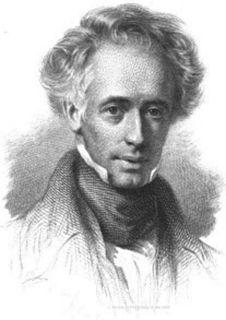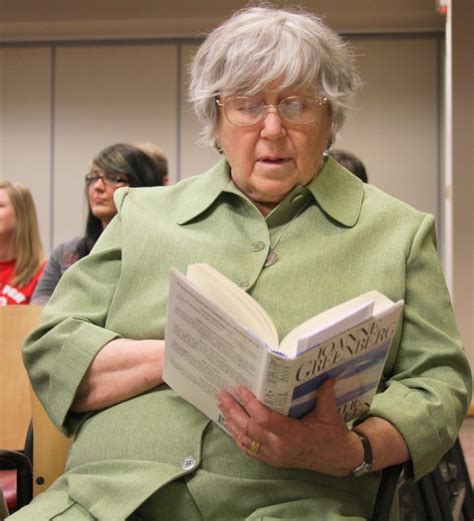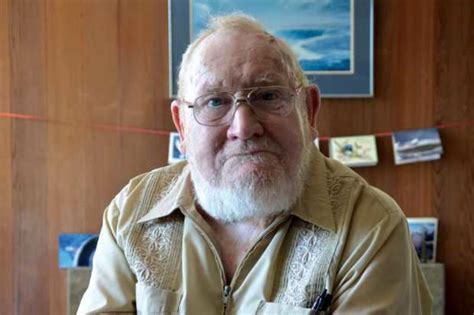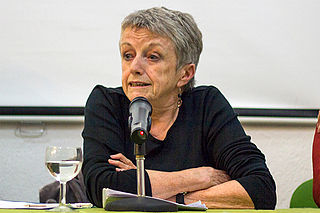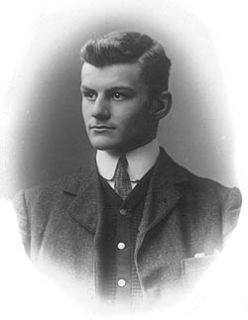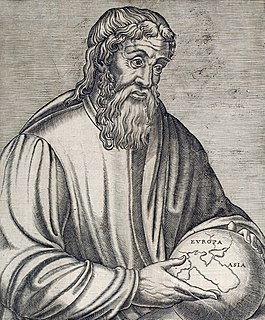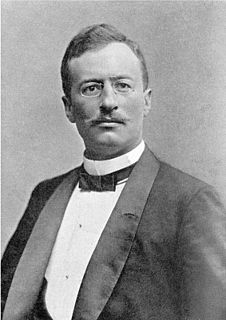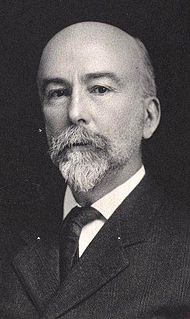A Quote by Elisee Reclus
An individual can be truly moral only when they are their own master. From the moment when they awaken to a comprehension of that which is equitable and good it is for them to direct their own movements, to seek in the their conscience reasons for their actions, and to perform them simply, without either fearing punishment or looking for reward.
Related Quotes
Actions are held to be good or bad, not on their own merits, but according to who does them. There is almost no kind of outrage-torture, imprisonment without trial, assassination, the bombing of civilians-which does not change its moral color when it is committed by 'our' side. The nationalist not only does not disapprove of atrocities committed by his own side, he has a remarkable capacity for not even hearing about them.
MORAL LAW, Evidence of.- Man has been subjected by his Creator to the moral law, of which his feelings, or conscience as it is sometimes called, are the evidence with which his Creator has furnished him. ... The moral duties which exist between individual and individual in a state of nature, accompany them into a state of society ... their Maker not having released them from those duties on their forming themselves into a nation.
No matter how vast your knowledge or how modest, it is your own mind that has to acquire it. It is only with your own knowledge that you can deal. It is only your own knowledge that you can claim to possess or ask others to consider. Your mind is your only judge of truth - and if others dissent from your verdict, reality is the court of final appeal. Nothing but a man's mind can perform that complex, delicate, crucial process of identification which is thinking. Nothing can direct the process but his own judgment. Nothing can direct his judgment but his moral integrity.
The immature conscience is not its own master. It simply parrots the decisions of others. It does not make judgments of its own; it merely conforms to the judgments of others. That is not real freedom, and it makes true love impossible, for if we are to love truly and freely, we must be able to give something that is truly our own to another. If our heart does not belong to us, asks Merton, how can we give it to another?
The truly great consider, first, how they may gain the approbation of God, and, secondly, that of their own conscience. Having done this, they would then willingly conciliate the good opinion of their fellow-men. But the truly little reverse the thing. The primary object with them is to secure the applause of their fellow-men; and having effected this, the approbation of God and their own conscience may follow on as they can.
The numerous evils to which individual persons are exposed are due to the defects existing in the persons themselves. We complain and seek relief from our own faults; we suffer from the evils which we, by our own free will, inflict on ourselves and ascribe them to God, who is far from being connected with them!
A child is an eager observer and is particularly attracted by the actions of the adults and wants to imitate them. In this regard an adult can have a kind of mission. He can be an inspiration for the child's actions, a kind of open book wherein a child can learn how to direct his own movements. But an adult, if he is to afford proper guidance, must always be calm and act slowly so that the child who is watching him can clearly see his actions in all their particulars.
The principle of self-reliance grows out of a fundamental doctrine of the Church, that of agency. Just as each individual is accountable for his choices and actions in spiritual matters, so also is he accountable in temporal matters. It is through our own efforts and decisions that we earn our way in this life. While the Lord will magnify us in both subtle and dramatic ways, he can only guide our footsteps when we move our feet. Ultimately, our own actions determine our blessings or lack of them. It is a direct consequence of both agency and accountability.
While some animals exhibit individual powers in higher perfection, man stands for their superior, not only in combining in his own body all the senses and faculties which they possess, but in being endowed with moral and intellectual powers which are denied to them, and which at once place him at the head of the living creation, and constitute him a moral, religious, intelligent, and responsible being.
Man, no doubt, owes many other moral duties to his fellow men; such as to feed the hungry, clothe the naked, shelter the homeless, care for the sick, protect the defenseless, assist the weak, and enlighten the ignorant. But these are simply moral duties, of which each man must be his own judge, in each particular case, as to whether, and how, and how far, he can, or will perform them.












